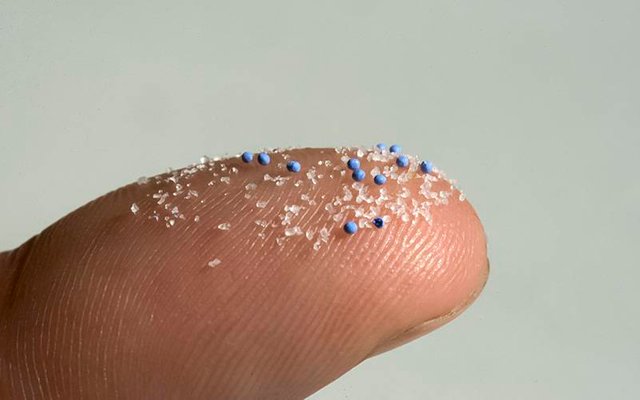Scientists detect microplastics in human stool samples for the first time
Humanity has manufactured more than 9,000 million tons of plastic since the 1950s, when large-scale production of this material began. Of that total, an amazing 76% has been wasted. Nowadays, plastics are found in most table salt, marine life and in the deepest parts of the ocean. So, is it a surprise that it has reached our body?
A study has detected microplastics for the first time in human excrement, which raises big questions about how these tiny particles can affect our health.
Plastic particles were found in all the stool samples of eight participants in the study, the surprising thing is that the participants were from Finland, Italy, Japan, the Netherlands, Poland, Russia, the United Kingdom and Austria, according to researchers from the Medical University of Vienna and the Environment Agency of Austria. On average, 20 microplastic particles were detected per 10 g of feces.
Nine different types of plastic were identified, with sizes between 50 and 500 micrometers. The most commonly used varieties, such as polypropylene (PP) and polyethylene terephthalate (PET) plastics, were the most common.
In the pilot study, participants kept a food diary during the week prior to taking stool samples. Their entries showed that they were exposed to plastics when they consumed food wrapped in plastic or when drinking plastic bottles. Six of the participants also ate sea fish and none were vegetarian.
Based on these findings, the researchers estimated that "more than 50% of the world population could have microplastics in their feces," although larger scale studies will be needed to confirm this.
Governments around the world are becoming aware of the growing crisis and are legislating to curb the consumption of single-use plastic. Some companies are taking measures to reduce their plastic footprint.

Pollution is rampant in our environment, it is not surprising that we have plastics in our stool today. @dim753
Yes now we have a lot of thing in our food and water so sad man. Regards
It has taken us a long time to recognise just what plastic is doing to our world. So now we know, ALL of us should today start doing our bit to reduce our cntamination.
Yes could be positive for our world
This is something to be worried about. I hope we find the way to reduce this pollution.